Lord Hastings & William Bentinck
Lord Hastings 1813-1823
- Gorkha war with Nepal > Treaty of Sagauli + Subsidiary alliance with Nepal
- Third Anlgo Maratha War
- Suppression of Pindaris
- Full Suppression of Marathas
- Established Ryotwari System of Land Revenue
- Mainly in Madras, Bombay & Assam by Thomas Munroe
- Peasant personally responsible for direct payment of land revenue for 20-40 years
- 50% land revenue for nor irrigated land & 60% for irrigated land
- 1817 – Establishment of Hindu college at Calcutta for English & western education by Raja Rammohan Roy & David Hare
- 1817 – Government also set up three Sanskrit colleges at Calcutta, Delhi and Agra
- Encouraged freedom of press & abolished censorship issued in 1799 during Wellesley period
- The first vernacular newspaper Samachar Patrika published during his time.
Lord Amherst (1823-1828)
- First Anglo Burmese War (1824-26)
- Mutiny of Barrackpur (1824)
Lord William Bentinck 1828 – 1835
- 1st true British reformer who worked for the welfare of Indians as his primary duty
- As been said ‘He acted where others talked’.
- Associated with a great many social reforms viz.
- Abolished sati system
- Prevented female infanticide > Made it an offence
- Banned human sacrifice.
- Reform in the Hindu Law of Inheritance
- Suppression of Thugs by colonel Sleemen
- Adopted policy of non-intervention and only annexed states to end misgovernment.
- Ended misgovernment in Mysore and put it under lord Cubbon
- Still Cubbon Park at Bangalore for his services to Bangalore
- Incorporated financial reforms to cut down expenditure viz.
- Abolished double bhatta system
- Reduced salaries as increased by Cornwallis to consolidate finance.
- Abolished provincial courts set up by Cornwallis to cut down expenditure.
- Abolished the office of SP & vested the collector/magistrate with polish powers.
- Introduced Mahalwari system under James Thompson
- Mainly in Punjab, Delhi and Central provinces
- whole village community responsible for revenue settlement
- Introduced local language in lower courts & English in higher courts replacing Persian.
- Under Macaulay committee, made English official & literary language of India
- Laid foundation of Calcutta Medical College – 1835
Charter act (1833)
- Complete end of EIC monopoly trade with India < Other British companies can trade in India)
- East India company no more a commercial agency but a political agent working under crown
- General of Fort William < Gov. General of India
- William Bentinck was the 1st one to become General of India
- Appointment of law commission in India which later on unified & codified law system in India
- A law member was added to Council of Ministers Gov. General
- T. B. Macaulay was the 1st law member to be added in Bentinck council
- Stated every native of India has equal rights in holding any place, office or employment irrespective of color, religion, cast or place of birth < Indianization of civil services but exam still held at Britain.
Lord Macaulay’s Minute (1835)
- Imparted that government resources were to be devoted to teaching of western sciences and literature through the medium of English language alone
- The Government soon made English as the medium of instruction in its schools and colleges and opened a few English schools and colleges instead of a large number of elementary schools, thus neglecting mass education.
Downward filtration theory < The British planned to educate a small section of upper and middle classes, thus creating a class “Indian in blood and colour but English in tastes, in opinions, in morals and in intellect” who would act as interpreters between the Government and masses and would enrich the vernaculars by which knowledge of western sciences and literature would reach the masses.
Sir Charles Metcalfe (1835-36)
- He held the post temporarily
- Removed the restriction on the vernacular press.
Lord Auckland 1836-1842
- 1st Afghan War < A disaster for Britishers with an overall Afghan victory
- Tripartite Treaty among the English, Ranjit Singh and Shah Shuja of Afghanistan.
Lord Ellenborough 1842-1844
- Ended Afghan war & withdrew British forces from Afghanistan
- Annexation of Sindh to the British Empire
Lord Hardinge 1844-1848
- 1st Anglo Sikh war & Treaty of Lahore
- British emerges victorious
For more updates, explore the Ancient India History. Feel free to share your thoughts and comments.
If you’re passionate about building a successful blogging website, check out this helpful guide at Coding Tag – How to Start a Successful Blog. It offers practical steps and expert tips to kickstart your blogging journey!


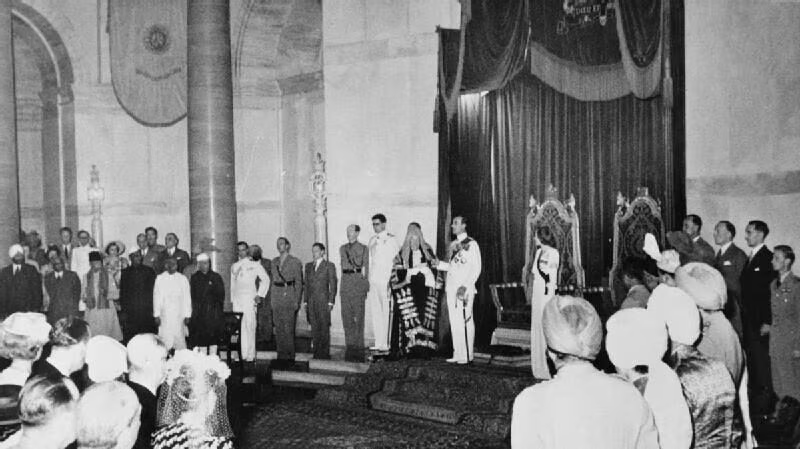
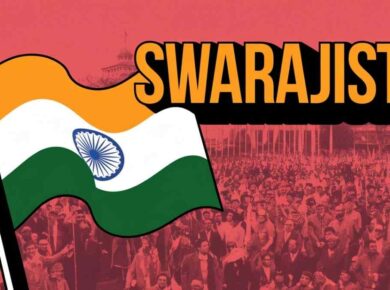
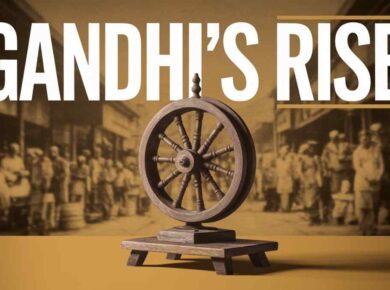
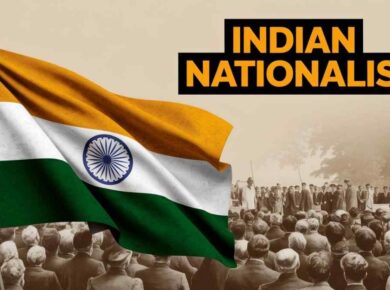
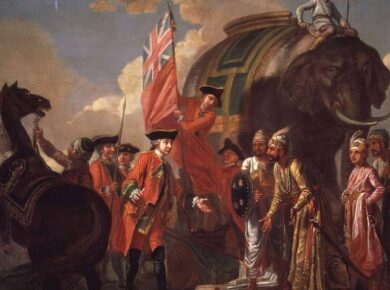
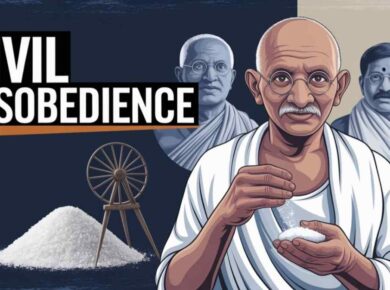
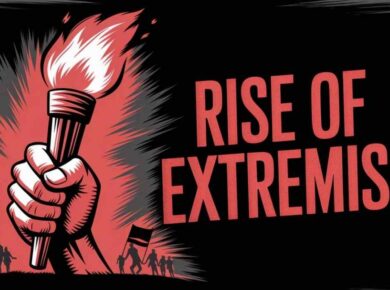
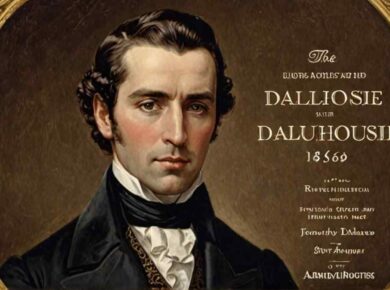
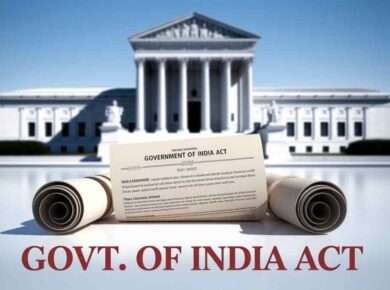
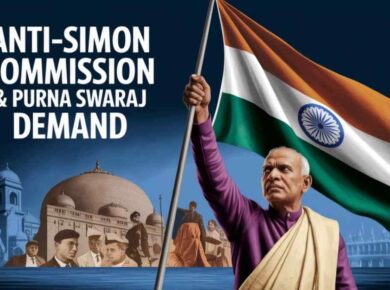
1 comment
thankyou very much to share the knowledge.